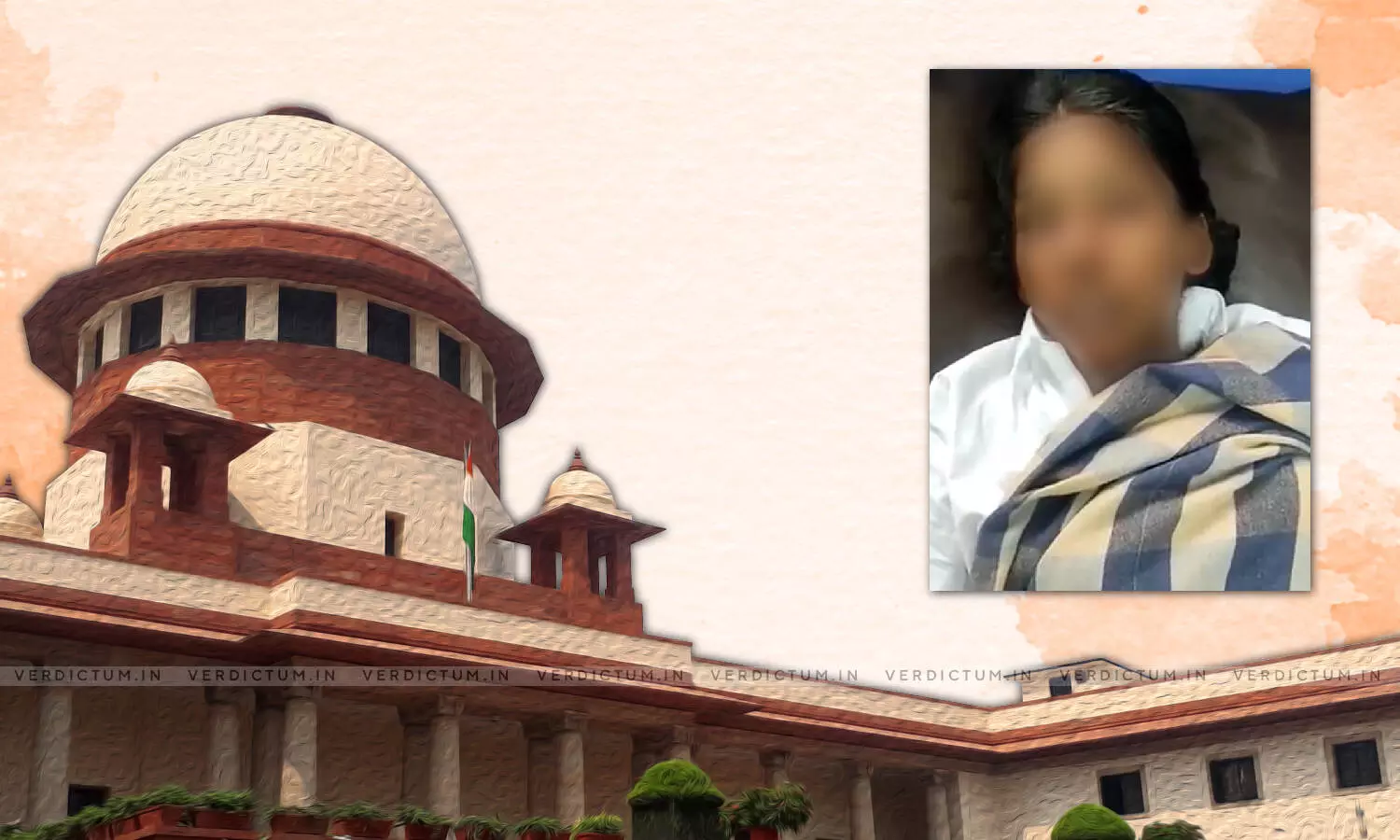
Supreme Court Permits NCPCR To Produce Documents In Sealed Cover In Tamil Nadu Conversion-Suicide Case
 |
|A Bench of the Supreme Court comprising of Justice Sanjiv Khanna and Justice Bela Trivedi has passed an order today permitting the National Commission for Protection of Child Rights (NCPCR) to produce documents in a sealed cover in the Tamil Nadu conversion-suicide case.
The NCPCR had approached the Supreme Court filing an application seeking intervention, stating that it is duty-bound to submit the findings of its inquiry to assist the Court.
It has also said that it "hopes that no other child would suffer from the similar fate as the child victim".
Today, Advocate Swarupama Chaturvedi mentioned the intervention application when the matter was called before the Bench. She pleaded for the application to be allowed.
"We will see", said the Bench about the application, since a Counsel for a Respondent had circulated a letter seeking an adjournment.
The Bench said that the NCPCR may produce documents, if any, in a sealed cover. The Counsel for NCPCR replied that unless there is an order, the sealed cover will not be accepted by the Registry.
Accordingly, the Bench passed an order permitting the production of documents in a sealed cover and adjourning the matter to April, 11.
In its intervention application, the NCPCR had said that "It was found by the team during the course of inquiry that not only were there procedural gaps in the investigation, such as: non- sealing of the alleged scene of crime by the local police, the warden not being remanded, non-identification of the vendor/source of poison that the child victim ingested, but violations under the Juvenile Justice Act, 2015 and its 2016 Rules also had taken place inclusive of but not limited to, Sections 41, 42. 54 and Rules 26, 29. 34/35, 73/77, 107 of the Juvenile Justice Act, 2015 and its 2016 Rules respectively."
The NCPCR had prepared its report based on its inquiry, recording findings that the school authorities had made the child victim wash toilets and that the school had insisted for fees from the parents of the child before giving proper medical care to the child who had consumed poison.
In January this year, the Madras High Court had ordered the transfer of investigation into the case from the state police to the CBI. The Court had cited various reasons, including that the high ranking ministers of the state had taken a stand supporting the school, prejudging the police investigation.
The Supreme Court had refused to interfere with the direction of the High Court to transfer the investigation to the CBI.
The NCPCR had sought a report from the Tamil Nadu Police about the issue. However, the Police did not furnish any report to the NCPCR and it had decided that its team will visit Tamil Nadu to inquire about the incident.
Later, NCPCR had issued a press release stating that the state authorities are not cooperating with its inquiry.